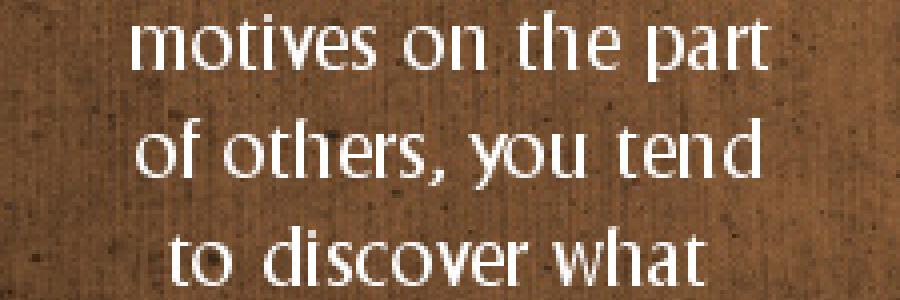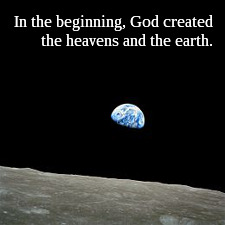From the Archives: All the Way Home
 (First posted in June of 2011)
(First posted in June of 2011)
January, 1945. U.S. troops battle for the liberation of the Philippines. As they make their labored advance, the occupying Japanese army burns alive 150 American prisoners of war at a camp on the island of Palawan. Fearing a similar atrocity, Lieutenant General Walter Krueger assigns Lieutenant Colonel Henry Mucci and his Sixth Ranger Battalion the mission of rescuing the allied prisoners held at Cabanatuan.
On January 30, Mucci moved. 127 Army Rangers under the direct command of Captain Robert Prince, supported by 200 Filipino guerrillas, led a daring raid upon the compound at Cabanatuan. In a stunning tactical victory, Prince’s unit killed 523 Japanese troops—losing only four men in the process—and freed 511 frail, starving and disease-ridden prisoners of war. At 8:15 pm, Captain Prince shot a flare into the night sky signaling that the improbable mission of liberation was complete.
Yet as that victorious flare lit up the night sky, the task was long from finished. You do not free 511 infirm prisoners behind enemy lines and say, “Gentlemen, it’s been a pleasure; good luck to you all,” and walk away. Through the remainder of that night, the soldiers who liberated their comrades escorted them to safety through many dangers, toils and snares. The mission was not complete the moment the prisoners were freed. It was complete when they were delivered safely home.
It is this kind of complete deliverance the Bible promises the followers of Jesus Christ. By His death in the sinner’s place, and by His triumphant resurrection from the dead, Jesus stormed the gates of hell, liberating those who turn from their sin to trust in His rescue. This cosmic victory over sin and death accomplished the most glorious liberation in history.



 (From Oct. of 2012)
(From Oct. of 2012) Read
Read
Discussion